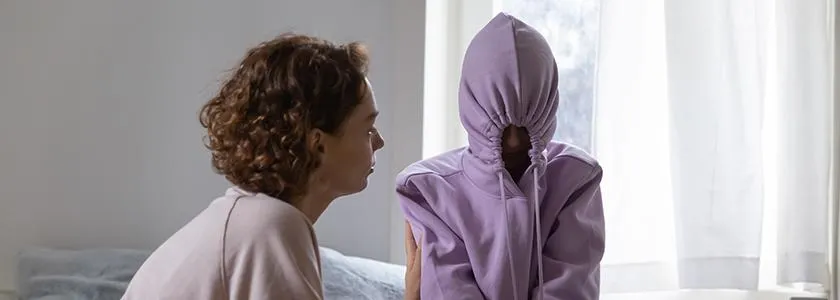Blogs

Understanding School Refusal
Maree Eisma is a mental health social worker who has an expertise in dealing with children who are experiencing school refusal.
School refusal usually presents with an escalating school reluctance before frank refusal occurs. Behaviours can include repeated sick bay attendances or multiple but intermittent absences due to various illness presentations.
I like to classify the presentation of school refusal according to primary, secondary or tertiary gain.
Primary gain refers to the intrinsic benefit of the sick role. In the context of school refusal, it suggests that the child who presents with an illness benefits from being sick in terms of care giver attention. This may be an issue of care givers are very busy or otherwise emotionally distant.
Secondary gain refers to a secondary benefit that the sick child enjoys, which in the context of school refusal may indicate a desire to escape from bullying, a test or other academic pressure or sometimes merely the overstimulation that may occur in a busy school yard.
Tertiary gain refers to the benefit that the care giver may derive from a child's illness behaviour triggering school refusal. Divorce, separation, or other sources of parental disharmony can perpetuate this.
Underlying the phenomenon of primary gain is the concept of somatisation, i.e. the manifestation of medically unexplained symptoms that are not consciously feigned.
It can be challenging from a. medical perspective to distinguish organic pathology from somatisation, but the distinction needs to be made to prevent harm to the patient in terms of unnecessary tests and treatments.
Further to the diagnostic dilemma it is also important to approach the management of the problem from a socio-psycho-biomedical model of care. it is not sufficient simply to advise parents to "Just make their child attend school".
In a similar vein I remember telling the parents of a young child who was refusing to swallow antibiotics to "just make the child take the medicine".
Graded exposure can be used to help children re-integrate back into school. This process relies on a patient and gradual exploration of a child's situational anxiety and providing coping mechanisms to deal with situations as they arise. It is important that both parents and the school be closely consulted and involved in this treatment.

